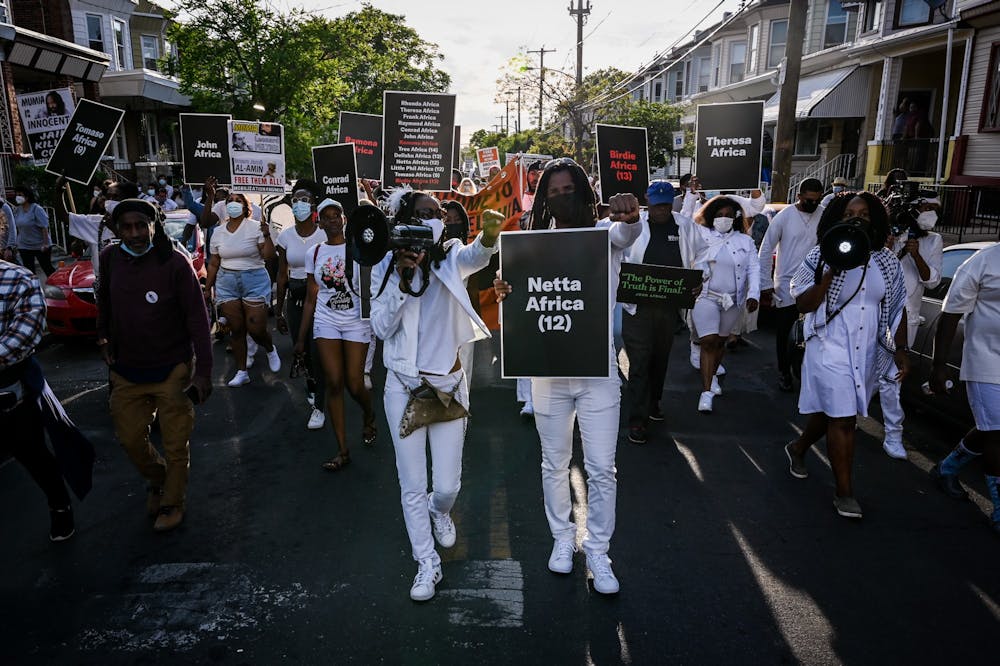
The Washington D.C. Health Department appointed Thomas Farley — the former Philadelphia health commissioner who admitted to ordering the disposal of remains of at least one victim of the 1985 MOVE bombing — to an executive position early last week.
Farley resigned from his previous position in May after he admitted to authorizing the disposal without identifying the victims of the MOVE bombing, which killed 11 people and displaced 250 West Philadelphia residents, or notifying family members. Remains, which are believed to belong to at least one victim of the MOVE bombing, were held by the Penn Museum for over three decades, despite next of kin laws that required the family’s consent.
Farley will serve as the senior deputy director of community health for the D.C. Health Department, which seeks to reduce health disparities and improve health outcomes for residents. Black D.C. residents accounted for 77% of COVID-19 deaths as of October, reflecting a history of systematic racial health disparities.
In 2017, Philadelphia Medical Examiner Sam Gulino notified Farley that a box containing the remains of the MOVE victims was found. Farley authorized Gulino to cremate and dispose of these remains, and the remains were later found and recovered in the Medical Examiner’s Office.
Former Penn Professor Alan Mann was asked to help identify separate remains, a pelvic bone and femur fragment, by the Philadelphia Medical Examiner’s Office in the 1980s. Mann continued to study the remains for over two decades, transporting them in a cardboard box between Penn and Princeton, where he later worked.
Penn Museum’s Keeper of Physical Anthropology Janet Monge — a graduate student at the time — worked with Mann to identify separate remains. Monge later retained the remains for over 20 years and used them as instructional materials for an online anthropology class at Princeton.
The University issued two apologies for retaining the remains of MOVE bombing victims earlier this year, and the Penn Museum committed to reviewing its practices surrounding human remains. The remains were ultimately returned to the Africa family on July 2.
Farley’s mishandling of the MOVE victims’ remains has led to criticism surrounding his appointment to the D.C. health department position.
“This legitimizes his violence and makes you complicit [in] its impact on Black DC residents,” Black Lives Matter DC wrote in a Tweet addressed to D.C. Mayor Muriel Bowser.
Correction: A previous version of the article stated that the remains of Delisha and Tree Africa were held by the Penn Museum when the remains were not positively identified. The DP regrets the error.
The Daily Pennsylvanian is an independent, student-run newspaper. Please consider making a donation to support the coverage that shapes the University. Your generosity ensures a future of strong journalism at Penn.
Donate







